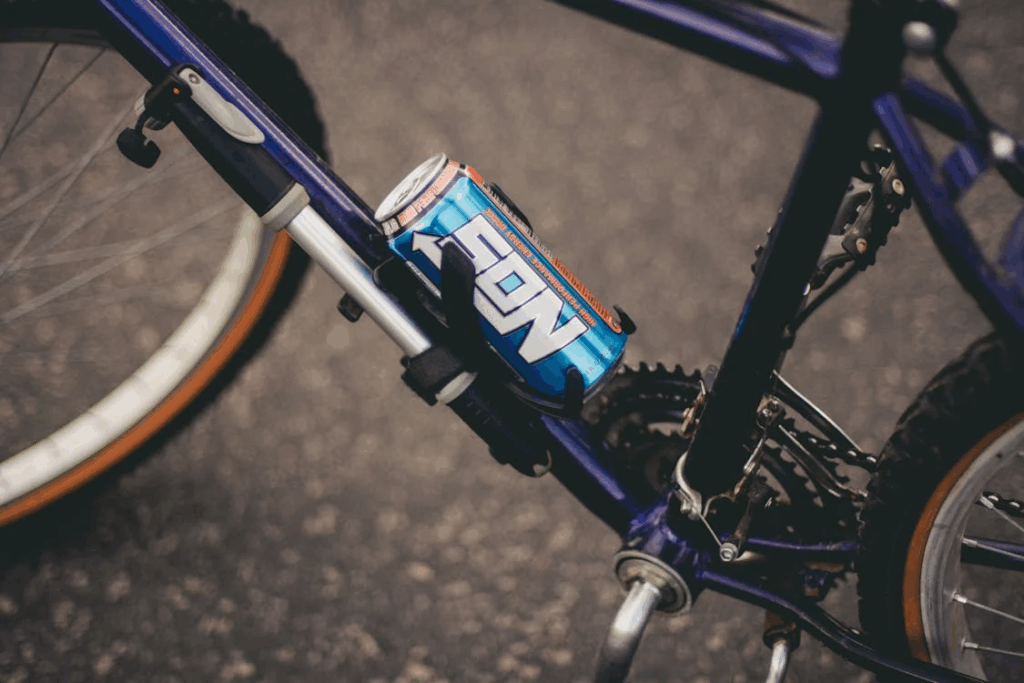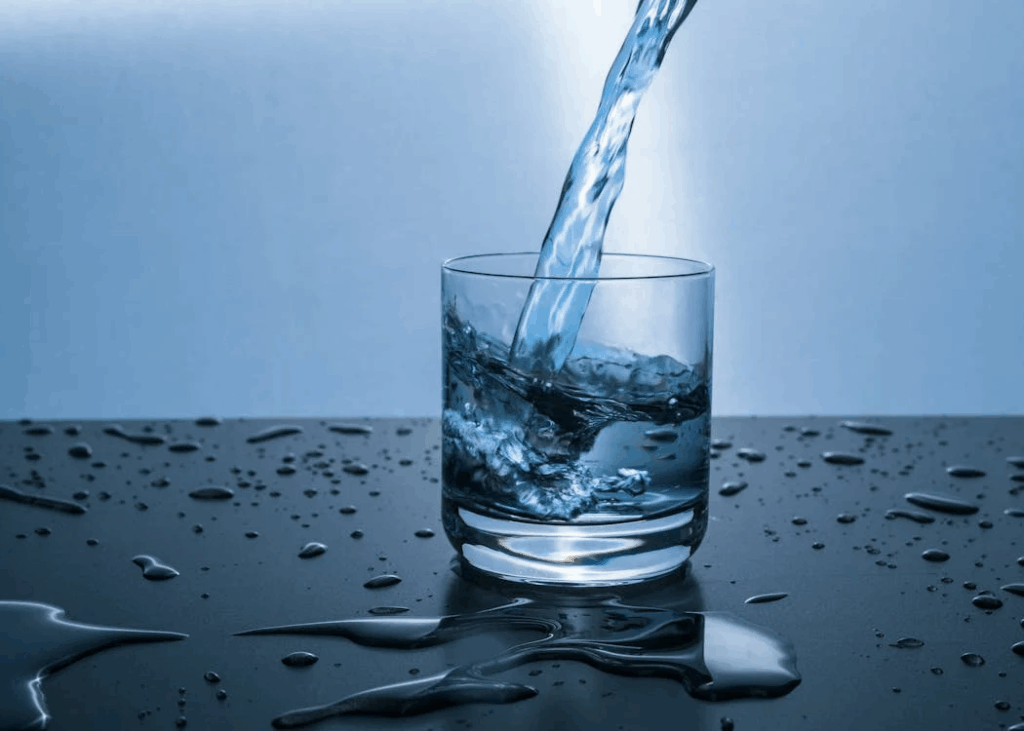Alzheimer’s disease is a progressive neurodegenerative disorder and the most prevalent form of dementia globally. It affects daily life, adversely hindering memory, cognition, and altering behavior. Alzheimer’s cases are suspected to double in prevalence by 2060, largely due to preventable and modifiable lifestyle factors. Making dietary changes, including what we drink every day, could possibly decrease our risk of dementia. Here’s what the latest science and expert insights reveal about three everyday drinks that may increase your risk of Alzheimer’s disease- and three that may help protect your brain.
1. Diet Soda

Marketed as a lower-calorie alternative to regular soda, diet sodas typically contain artificial sweeteners such as aspartame. Some observational research, including data from the Framingham Heart Study, has suggested that frequent consumption of artificially sweetened beverages may be associated with an increased risk of dementia and stroke. In one study, individuals who drank at least one diet soda per day had nearly three times the risk of developing Alzheimer’s disease or other forms of dementia over a ten-year period compared to those who drank it less than once a week. However, these findings are correlational and do not prove a causal link.
One proposed mechanism involves the effect of artificial sweeteners like aspartame on the gut microbiome, which is thought to influence brain health through the gut-brain axis. There is also evidence suggesting that some sweeteners may contribute to insulin resistance, a key feature of metabolic disorders such as type 2 diabetes—which itself is recognized as a risk factor for Alzheimer’s disease. Still, much of this evidence comes from animal studies or short-term human trials, and more rigorous, long-term research is needed to understand these relationships fully.
2. Alcohol

Alcohol’s impact on the brain and body are well-researched and largely negative, especially with heavy or chronic use. Studies show that excessive alcohol consumption with Alzheimer’s experience a faster rate of cognitive decline than those who do not drink or casually consume. Alcohol disrupts gut bacteria, impairs liver function, and reduces activity in the prefrontal cortex, the brain’s self-monitoring center. It also impairs sleep, particularly the deep slow-wave sleep essential for brain restoration and memory consolidation.
3. Sports Drinks and Sugary Beverages

Sports drinks, often consumed for hydration and energy, are typically loaded with free sugars or artificial sweeteners. Recent studies have discovered a linear association between the free sugars consumed in beverages and dementia risk. Excessively drinking beverages such as sodas, fruit drinks, and milk-based drinks with high sugar content increases the risk of developing type diabetes and subsequently increases your risk of developing dementia.
Sugars in beverages absorb rapidly, causing spikes in blood glucose and insulin levels, unlike sugars found naturally in solid foods. This contributes to insulin resistance, obesity, and chronic inflammation, all of which are risk factors for Alzheimer’s disease.
Read More: Coca-Cola Tried To Undermine Research Linking Sugary Sodas to Deadly Illnesses
Beverages That May Help Protect Against Alzheimer’s Disease

While some drinks can increase your risk, others may offer protective benefits for your brain. Here are three beverages backed by research for their potential role in reducing Alzheimer’s disease risk.
1. Coffee

Caffeine and antioxidants in coffee actively support brain health. Multiple studies have shown that drinking coffee regularly and in moderation reduces the risk of Alzheimer’s disease. Caffeine helps reduce inflammation in the brain and protects against oxidative damage. However, it’s important to note that excessive caffeine consumption may worsen anxiety or behavioral symptoms in people already diagnosed with Alzheimer’s. For most healthy adults, though, a daily cup or two of coffee may be beneficial to brain health.
2. Green Tea

Green tea contains active compounds such as catechins and theanine, which have brain protective, anti-inflammatory, and antioxidant properties. Recent research from Japan found that older adults who regularly drank green tea had fewer brain lesions characteristic of dementia than non-drinkers. Green tea’s unique blend of active compounds may help reduce inflammation and oxidative stress in the brain, both responsible for the development of Alzheimer’s disease in people.
3. Moderate Red Wine

While heavy alcohol consumption is harmful, some evidence suggests that moderate red wine consumption may offer protective effects, due to its resveratrol content. Resveratrol is a polyphenol with anti-inflammatory and antioxidant properties that may support brain function and stimulate the production of sirtuins-proteins important for cellular health and longevity. In moderation wine shows benefits to brain health. Approximately one glass of wine per day for women and up to two for men, as higher amounts cancel out the benefits.
Rethinking Your Daily Drinks

Many factors influence Alzheimer’s disease risk, but you can control your everyday beverage choices to reduce that risk. Diet sodas, alcohol, and sugary sports drinks have all been linked to increased risk through their effects on gut health, blood sugar, and inflammation. On the other hand, drinks like coffee, green tea, and moderate red wine may help protect your brain due to their anti-inflammatory and antioxidant properties.
Simple swaps-like trading your diet soda for water, or your sports drink for green tea-could make a meaningful difference in your brain health as you age. As with most consumable items, moderation and variety are key, and it’s wise to consult with your healthcare provider about the best choices catered to your individual health needs. By being mindful of what you drink, you can take an active role in reducing your risk of Alzheimer’s disease and supporting cognitive health.
Read More: 6 Vague Dementia Symptoms You May Not Notice At First

